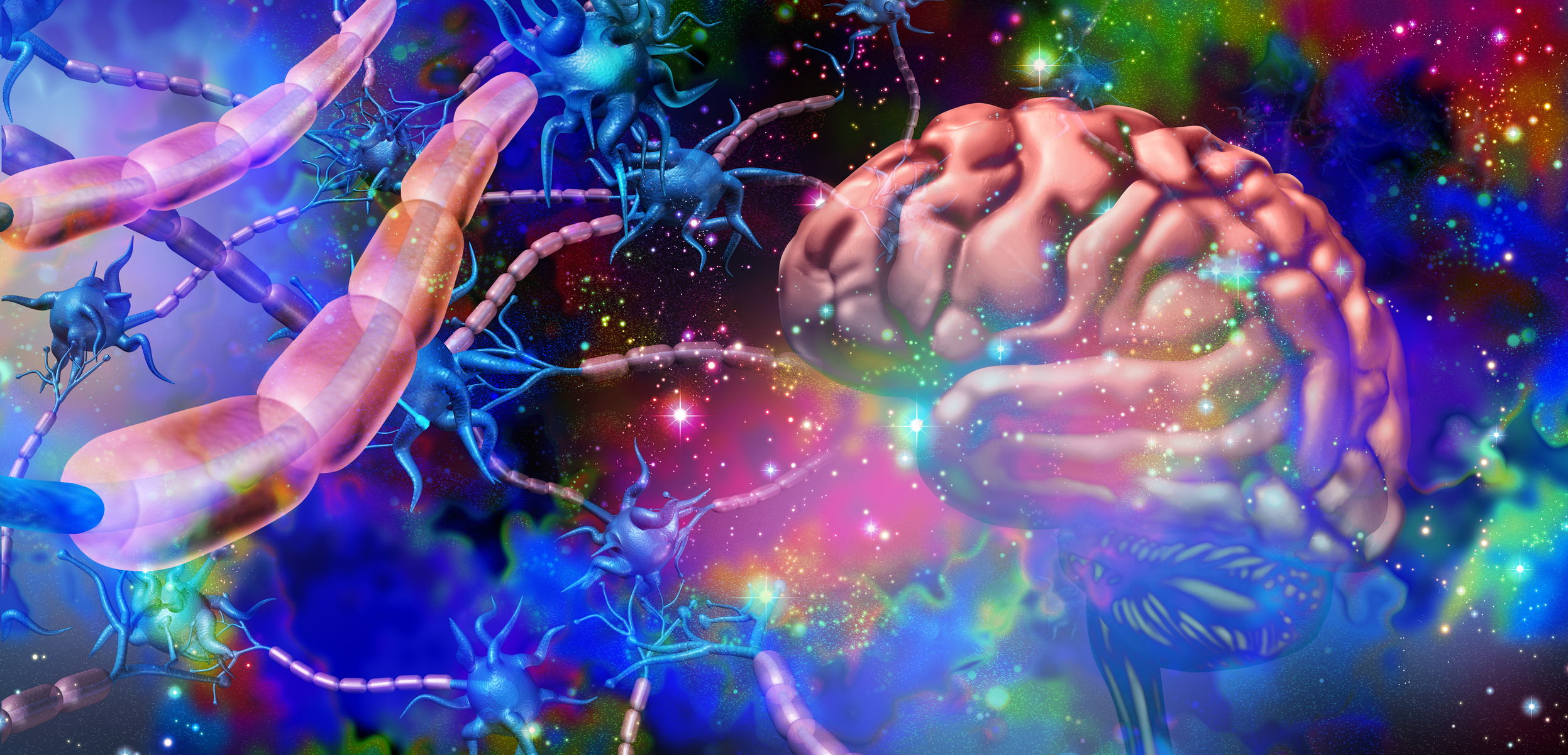This study aims at examining the possible moderating role of attachment style in the association between ADHD and psychological distress, namely, anxiety and depression symptoms. Study included ninty nine participants: Sixty adults with ADHD diagnosis and thirty nine adults without ADHD or other neurological and/or psychiatric disorders. All participants completed the Patient Health Questionnaire (PHQ-9), State-Trait Anxiety (STAI) questionnaires, Emotion in Close Relationships (ECR-R) questionnaire and Adult ADHD Self-Report Scale-Version 1.1 (ASRS-v1.1). Adults with ADHD had greater symptoms of depression (p < .001) and anxiety (p < .001) than adults without ADHD. Process analysis yielded that attachment anxiety moderated the association between ADHD, anxiety and depression, therefore only adults with ADHD that had moderate to high attachment anxiety exhibited higher levels of depression (p < .01) and anxiety (p < .001). No moderating effect was observed for attachment avoidance. Moreover, we did not find correlations between ADHD, anxiety and depression when secure attachment was the moderator; indicating that secure attachment could serve as a "protective factor" against psychological distress among ADHD individuals. Among anxiously attached adults, ADHD was associated with higher levels psychological distress. These findings highlight the important role of attachment style in mental health of adults with ADHD.© 2021. The Author(s), under exclusive licence to Springer Science+Business Media, LLC, part of Springer Nature.
Attachment Anxiety Moderates the Association Between ADHD and Psychological Distress.


